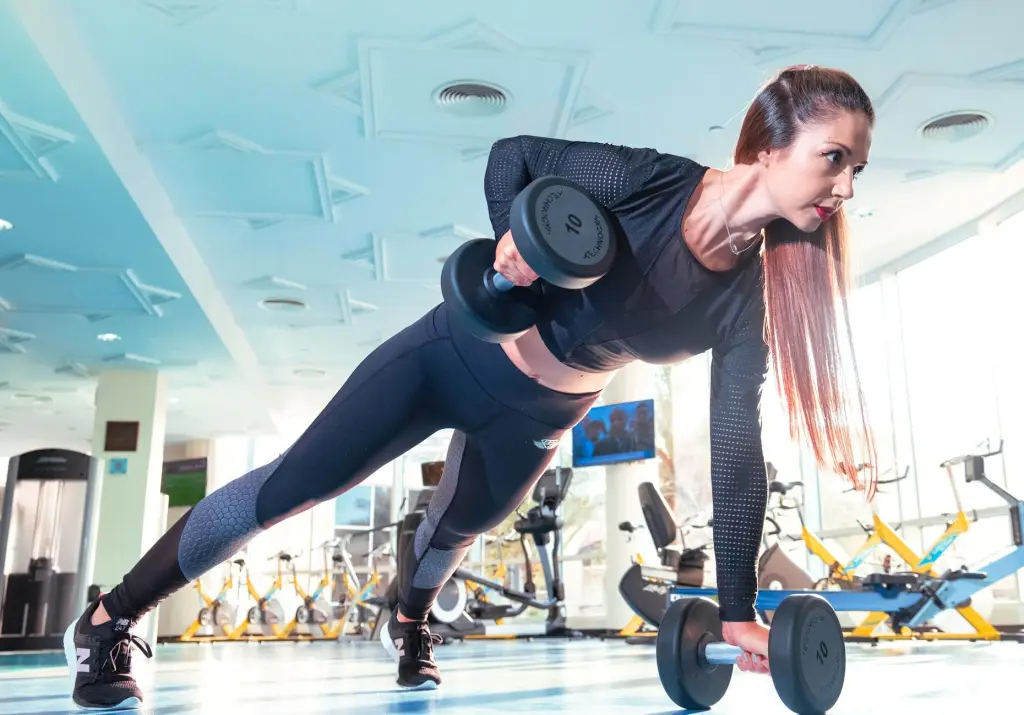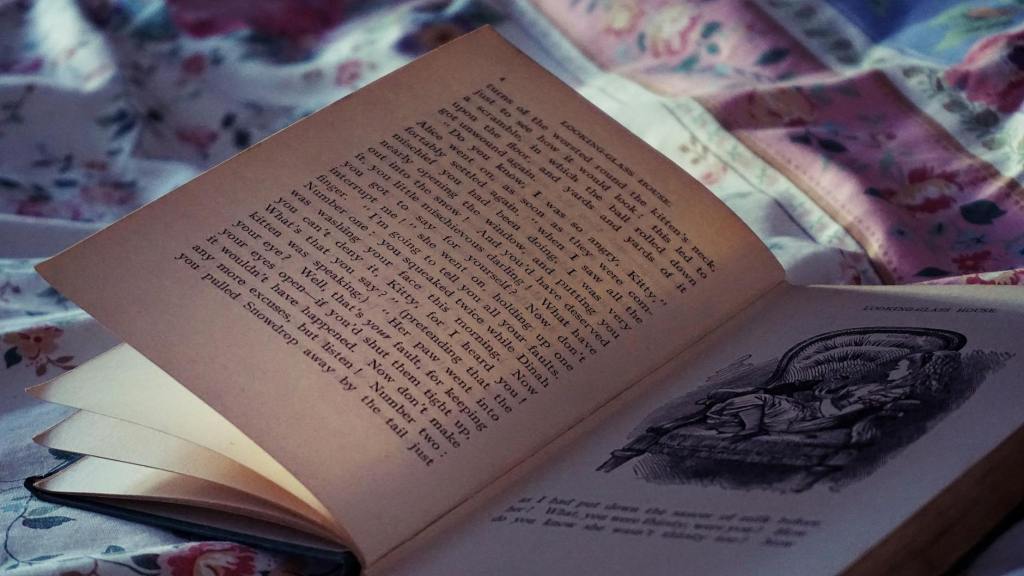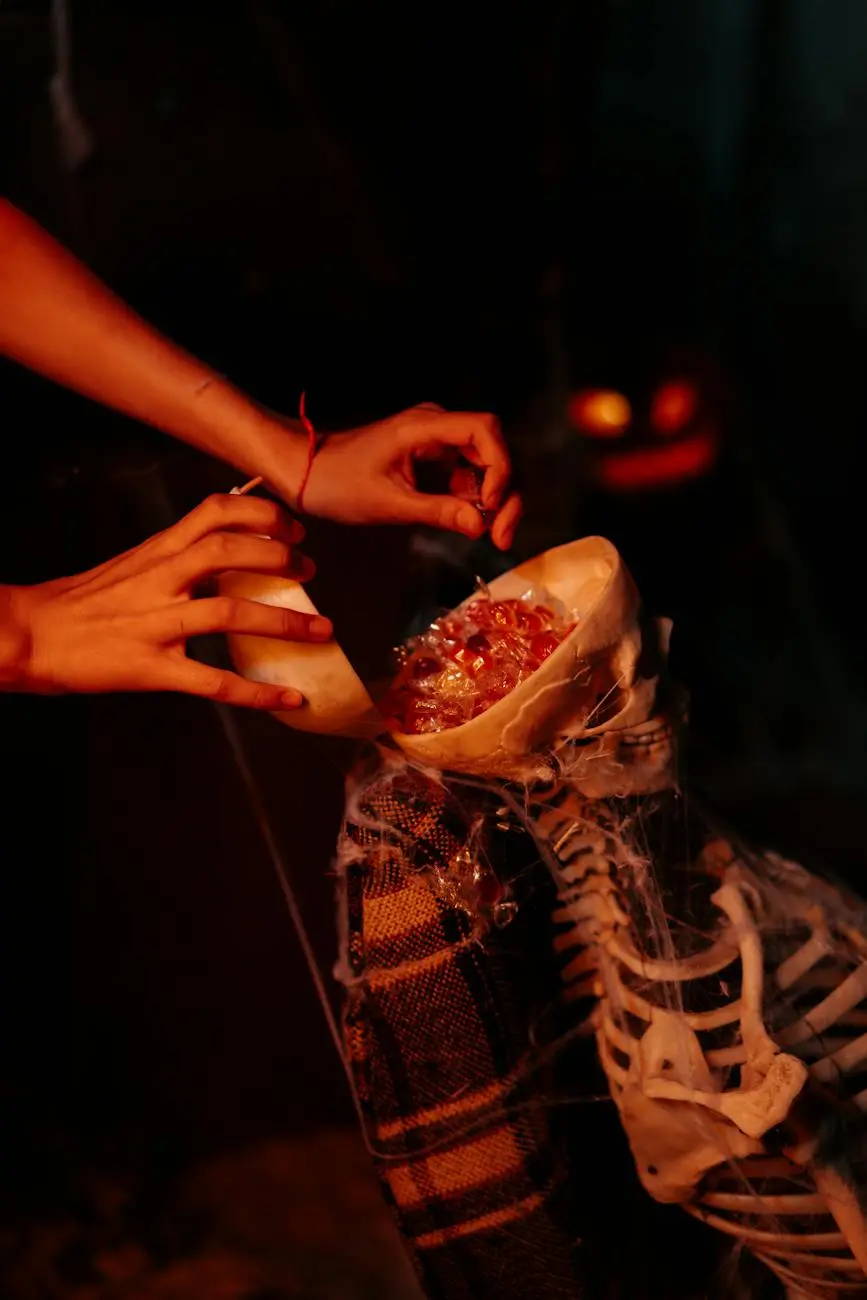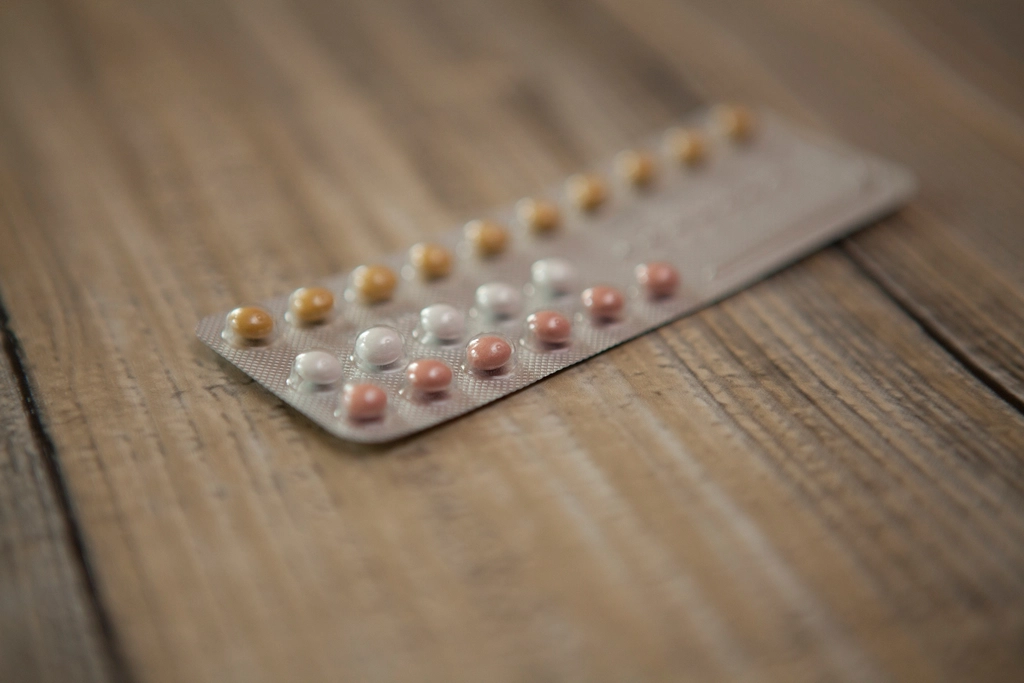Gram Hepner
Freshman, Biomedical Engineering
–
All interviews are paraphrased. Items in quotes are the interviewee’s exact words.





Louise Ferris: I’m a senior physics and spanish double major pursuing graduate school for a Ph.D. in plasma physics/fusion sciences. I wanted to conduct summer research to learn more about what I could do in the future and get additional research experience for my resume in order to become a more competitive candidate. I worked in Dr. Ted Corcovilos’ Atomic Physics Lab, working on the design and testing of a 3D printed Turbidity (water quality) meter, controlled via Arduino. We were able to make the meter for under $50 when it normally costs around $1000. I really enjoyed the community service activities the program offered, including cutting down invasive plant species in forests. I faced many challenges in the lab and had to spend weeks rewiring my entire device several times. “It really came down to the fact that if I didn’t keep working on the problem, it wasn’t going to get solved, no matter how hard it was – persistence can be really hard sometimes, especially when you’ve been working on the same solder joint for an hour, but it’s a matter of knowing that my advisor wouldn’t give me anything I wasn’t capable of handling, and really adapting that mentality”. Advice I would give is to be proactive and reach out to professors and connect with them even before the program is accepting applications. This exploration really helped me decide to pursue more school after undergrad. “Don’t be afraid of approaching professors, they love talking about their research and they love finding passionate students. If research is something you think you might be interested in, this program is the perfect time to test it out – you can not only get awesome experience, but you can figure out if research is something you’d like to do more of. I had a great experience, and I still talk about it frequently – whether with friends, colleagues, or with graduate school interviewers”.
–

Mikayla Bayto: I’m an environmental science major with plans to work in the DOI (department of the interior), DEP (department of environmental protection) , or EPA (environmental protection agency) as an environmental scientist or environmental biologist. “I first heard about URP when I applied to the Bayer School Scholars Program. Few universities offer undergraduate research in any form. Given such, I immediately became interested in URP and Duquesne knowing I could be a part of research so early [in my] college education”. I worked in Dr. John Stolz’s lab, studying the surface water quality of the Mingo Creek watershed in Southwestern PA. I found that a deep wall coal mine is in the permitting process with the PA DEP, and I want to continue my research due to the mine’s threats to water quality. “Field work was hands-down the most fun part of my experience. Collaboration with other undergraduate and graduate students as well as Dr. Stolz and other professors was immensely rewarding. Their experience and willingness to help me succeed greatly advanced my capabilities in the field, lab, and the sciences in general”. My biggest recommendation to anyone reading this article is “to learn how to troubleshoot. It is an important skill to possess […] when your experiment, environment, or day […] takes an unexpected turn (for the better or worse)”. To undergraduates: “Apply for URP! URP is a truly amazing program and I am impeccably grateful for all it has provided me. URP enabled myself to grow as a scientist and student, while engaging in my community”.



Laura Reynolds: I’m a biology major pursuing a Ph.D. in genetics, genomics, and cancer biology at Thomas Jefferson. I heard about the URP program through the BSNES peer mentoring program. I wanted to try full time research to make sure I would like it. I worked with Dr. John Pollock for two years, investigating sex differences in macrophages and CD8+ cells. I also reviewed several papers recently published in the lab. I found the ethics forum and symposium really rewarding, as it allowed me to meet other summer researchers and learn about ethics and the history of unethical research. The symposium was my first opportunity to present research and allowed me to grow my public speaking skills in a low pressure setting. My biggest challenge was working with multiple people in limited space. I learned to be conscious of the space I took up in the lab and improved my time management, signing up for machines in advance. This program was really useful, but one of my favorite parts of the program was exploring Pittsburgh with friends because our afternoons were completely free after lab. Acceptances can come out very late, sometimes during or after finals-two weeks before the program began.
–
Kezia Jemison: I’m a biochemistry major with a math minor and plans for grad school. I am also considering post bachelor’s programs before grad school. “I first heard about Duquesne’s URP from Dr. Phillip Palmer, the Assistant Dean of the Bayer School — he’s a really big advocate for starting undergraduate research early. I participated during the 2020 Virtual Chemistry NSF-REU, because I had just started work in the Evanseck Research Group and that summer was the perfect way for me to gain more insight into my project without the stress of a full course load. I worked with Dr. Jeffrey Evanseck and Angel Tamez (my grad student) on computing the solvation effects of water on the decarboxylation of monoanionic malonate to develop an accurate computational model of the system. The most rewarding part of the experience for me was learning that there was a completely different side of chemistry research that didn’t involve being in a stereotypical research lab — no lab coat and goggles required. Since the program was conducted virtually due to the pandemic, we spent all of our time focusing on learning all of these new and exciting computational techniques to see how chemical systems behave. This theoretical work is what is done before experimentalists take that data and do “real” lab work to see how it reacts in the physical realm. The main challenge I faced was staying focused because I was at home, which is not an environment that enables me to be the most productive. Luckily, my grad student, Angel, and I talked everyday to make sure I was on the right track with where I needed to go in terms of research progress. For students, I would definitely say do it — even if you’re not sure if you want to do research. Having this experience under your belt will either solidify that lab work is not for you, or you’ll discover a whole different area that interests you. Additionally, there are so many great research mentors and peers from other universities that you have the chance to interact and network with, which never hurts.”




Leave a comment